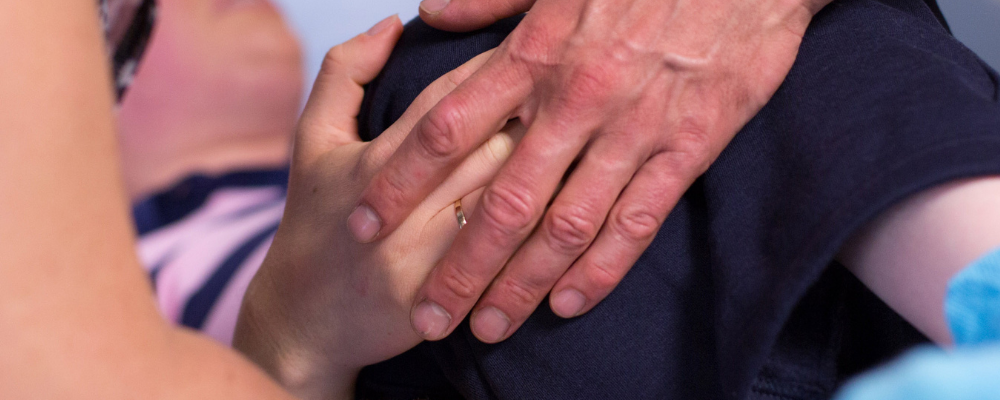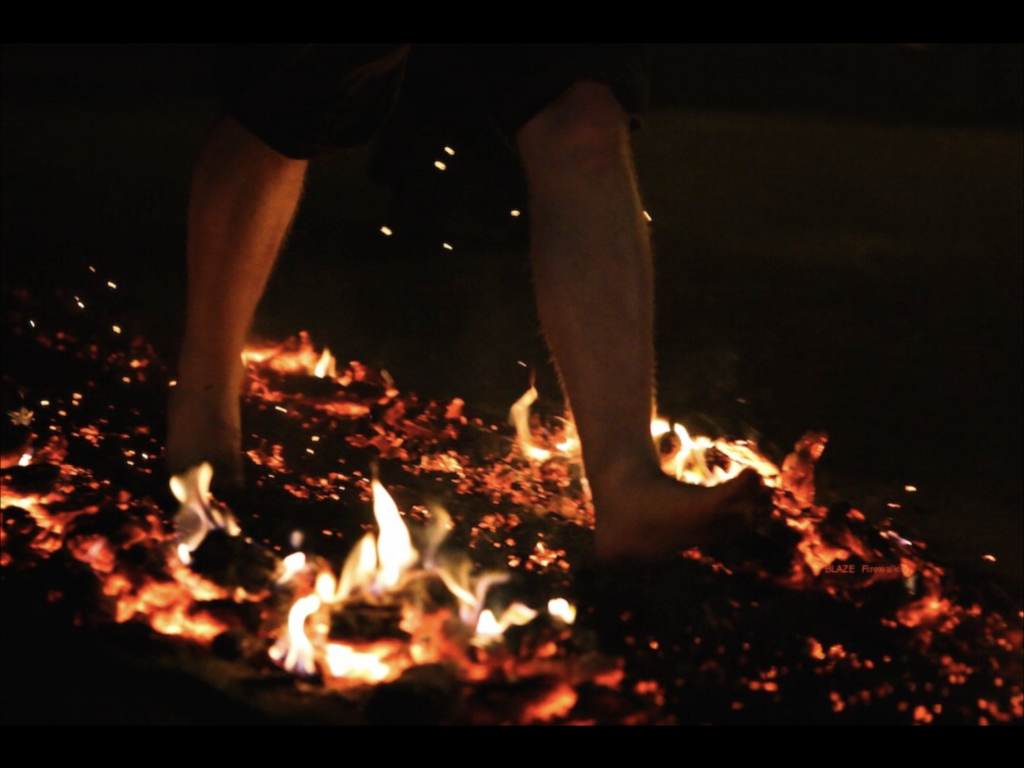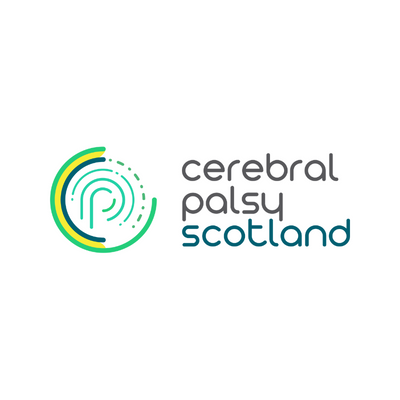Join our Walk ‘n’ Roll virtual challenge and get moving this March in a way that works for you – using your wheelchair or powerchair, walking frame, frame running bike, trike, feet, or body!
Self-Directed Support – new factsheets for people with neurological conditions
On 10 January, the Neurological Alliance of Scotland (NAoS) in conjunction with Self-Directed Support Scotland have published three factsheets to help raise awareness of Self-Directed Support amongst three groups who are in a position to support people living with a neurological condition, including cerebral palsy.
Self-Directed Support (SDS) is the way social care services and support are delivered in Scotland. It aims to give people choice and control over their own support and can be accessed by children, adults and unpaid carers.
The three fact sheets are:
1. Self-Directed Support for adults: Information for Health and Social Care Professionals
2. Self-Directed Support for adults: Information for the Voluntary Sector
3. Self-Directed Support for children: What to Expect – Information for Parents
The Neurological Alliance of Scotland is an umbrella body of organisations that represent people with a neurological condition and those who support them. Commenting on the factsheets, Alice Struthers, Programme Director of the Neurological Alliance of Scotland said:
“We are pleased to publish these three factsheets in collaboration with SDS Scotland. People living with a neurological condition are some of the most vulnerable in society and many are struggling to get by, particularly at the moment with the cost-of-living crisis. By guiding key workers and parents to clear, accessible information, we want to enable people with neurological conditions to understand how to access the support they need, how to uphold their rights and how to exercise the choices they have over that support. SDS is not only available to those with neurological conditions – it is also an option available to carers. We want to see more people being provided with the support that they need to live independently at home and in their communities.”
Mark Han-Johnston of Self Directed Support Scotland (SDSS) said:
“Self-Directed Support has been the mainstream approach to delivering social care in Scotland since 2014. However, we are still aware that many people struggle with navigating the social care system and knowing where to go to get started. We hope these factsheets will help more people understand their rights and how to access the support they need, and to be able to exercise choice and control over that support. One of our main priorities as an organisation is to increase access to SDS for people that still face significant barriers when trying to do so. We are therefore delighted to have worked with the Neurological Alliance of Scotland to ensure more people with neurological conditions and their families, get the support they need.”
Feel the burn: Firewalk for Cerebral Palsy Scotland
Join us this January for your most memorable Burns Night yet. Learn the secret of firewalking and prove to yourself that you really can do anything you put your mind to.
Support with the cost of living crisis
Like all disabled people, the cost of living crisis is hitting people with cerebral palsy and their families hard.
Recent findings from the Joseph Rowntree Foundation showed that there is “a gap of around 12 percentage points in poverty rates between disabled and non-disabled people”.
Disability equality charity Scope’s Cost of Living Crisis campaign estimates that disabled people face extra monthly costs of £600 on average. Their research also revealed that almost half of all disabled people said they are planning to not turn on their heating even when cold due to the cost.
Plus, a Glasgow Disability Alliance event in early October highlighted cost of living challenges for their members, while the GDA urged policymakers to act on the recommendations contained in their report, Ending Poverty and Removing Barriers to Work for Disabled People in Glasgow beyond Covid-19.
What support is available in Scotland?
Scottish Government’s cost of living support website
The Scottish Government’s cost of living support website collates information on where to get support if you need help with food, heating and electricity, as well as information on benefits.
If you need urgent help with bill payment, contact your local council. Each council offers a different range of support to local residents.
Energy support
The following energy support is available:
- Most households across the UK will get £400 off their fuel bill through the Energy Bills Support Scheme.
- Those who receive Universal Credit or Income Support may get an additional cost of living payment of £650
- Older people (born on or before 25 September 1956) may receive a Winter Fuel Payment of between £250-£600 to help pay heating bills
- Those who receive the Guarantee Credit element of Pension Credit or are on a low income could also get a £150 Warm Home Discount
The following energy support is available specifically to disabled people:
- Disabled people who receive Disability Living Allowance (DLA), Personal Independence Payment (PIP) or Scottish disability payments (Adult Disability Payment or Child Disability Payment) may have received a one-off Disability Cost of Living payment of £150 in September/October
- Child Winter Heating Assistance is a benefit from the Scottish Government to some disabled children. This winter, eligible children will receive a one-off payment of £214.10.
- As of this year, the Department for Work and Pensions (DWP) will no longer make Cold Weather Payments to clients in Scotland. From February 2023, people who received Cold Weather Payments will get an annual payment of £50 via Social Security Scotland’s Winter Heating Payment.
Other support:
- The Scottish Government’s cost of living support website outlines other sources of support for energy, as well as how to access energy efficiency grants for your home.
- The Leonard Cheshire Foundation have a webpage with useful links to advice and organisations that can support disabled people during the cost of living crisis.




